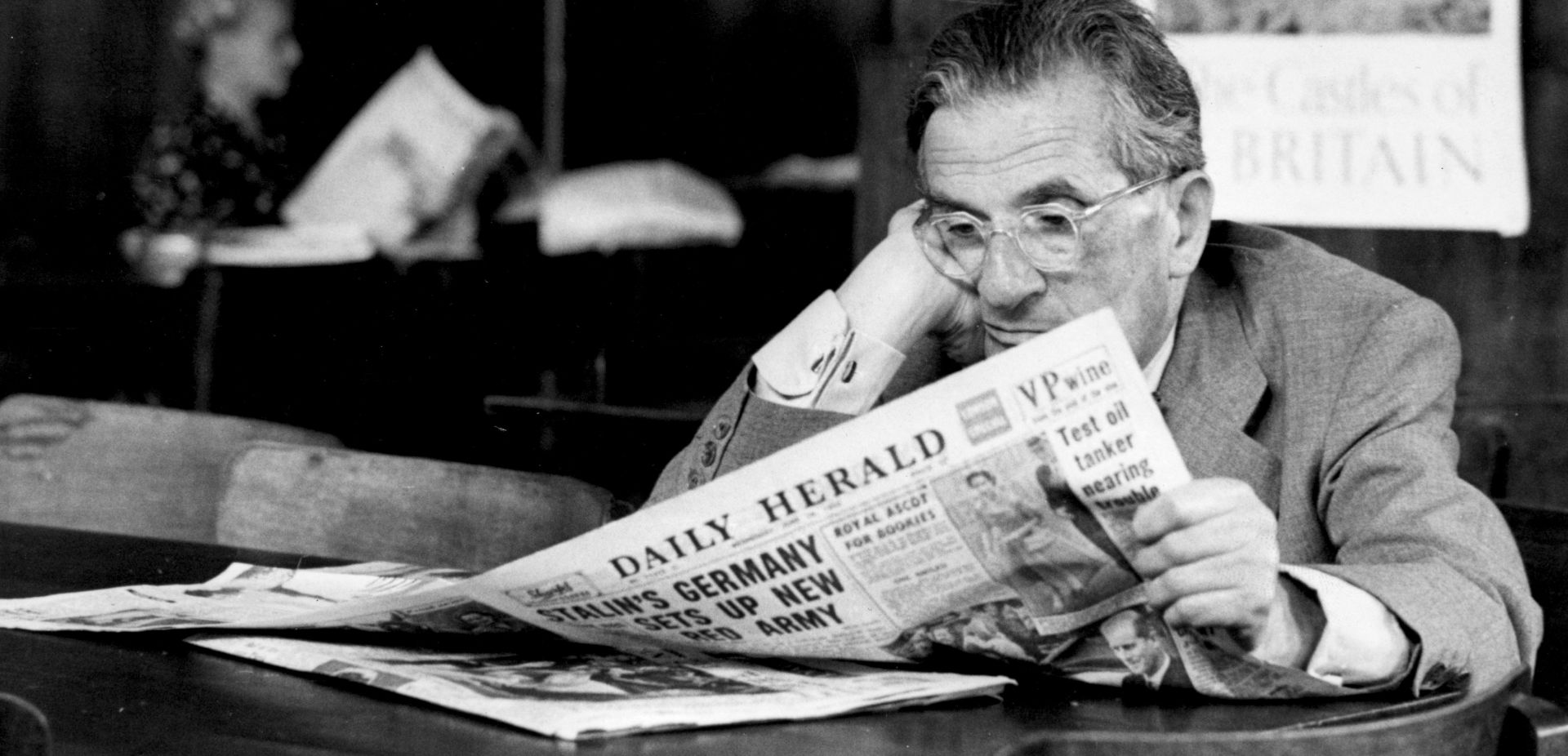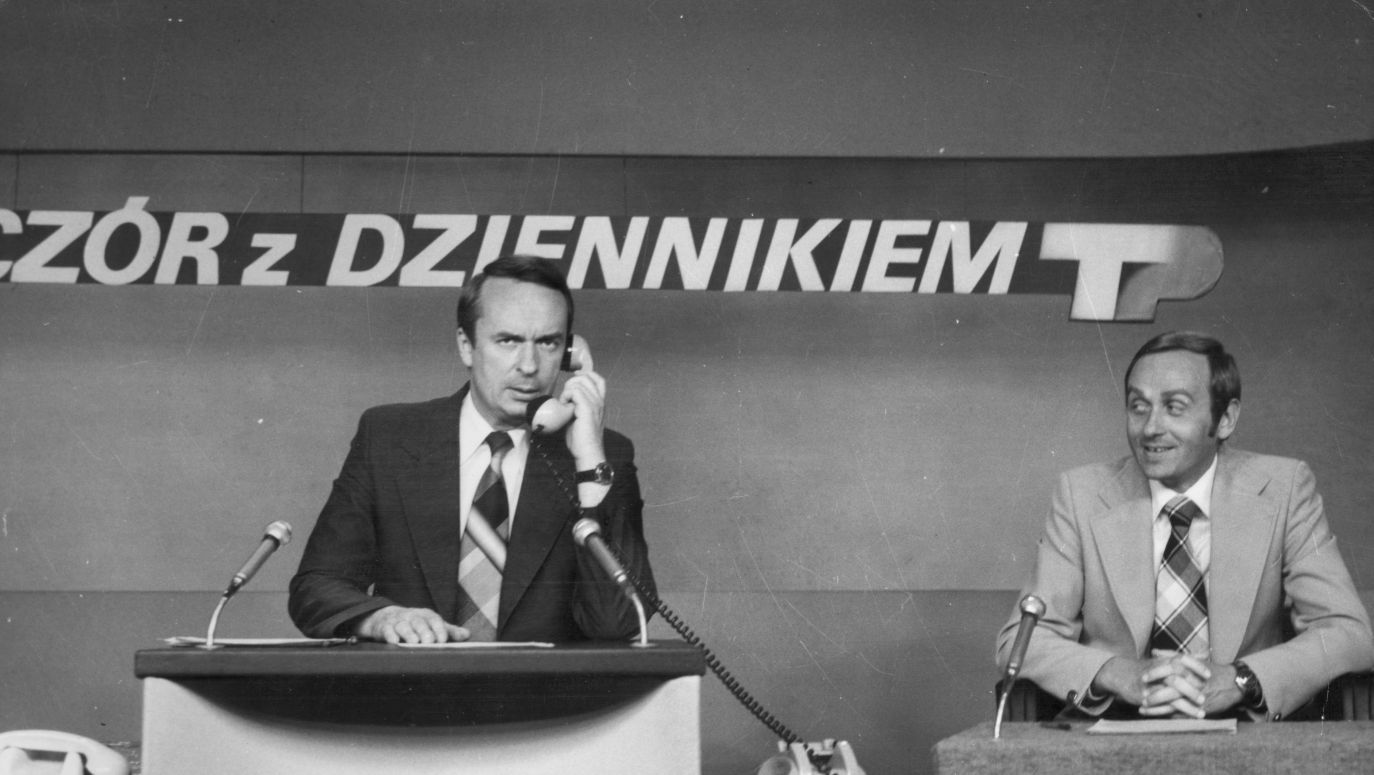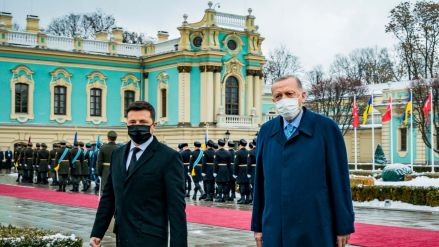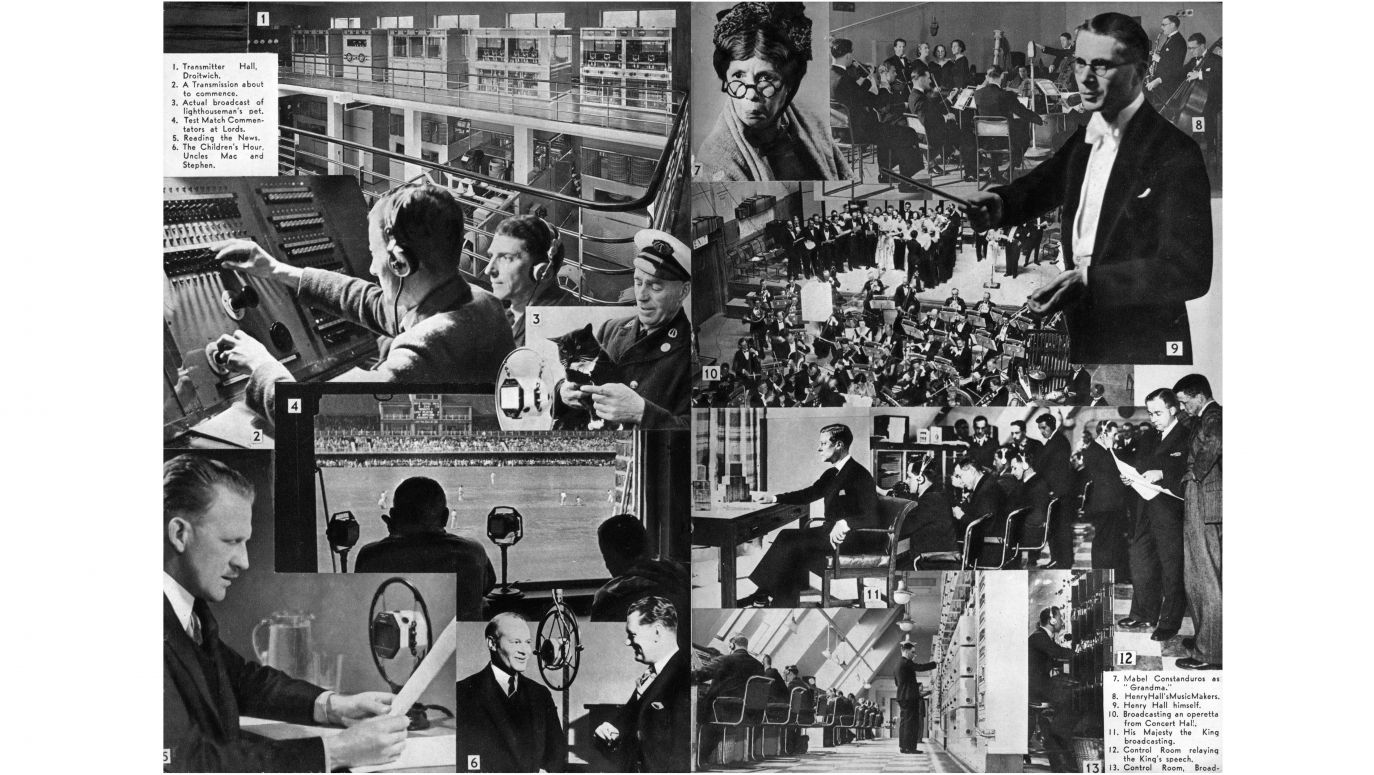The phenomenon has been known for at least a decade and has kept media owners up at night. Researchers have coined the term “news avoidance” and, as researchers do, they are trying to understand what is happening. A recent report by the Reuters Institute devotes considerable space to this problem. It turns out that, globally, a staggering 38% of those asked respond that they actively avoid the news. The same index was less than 30% five years ago. If things go at this rate, in the next decade half of humanity will say “no” to news. Unless something changes. The question is – what?
Recently, a liberal American journalist published a text in The Washington Post in which she admitted to the “shameful truth”, i.e. that she had stopped reading newspapers and watching news programmes. She was annoyed by the news and felt battered because of it, and was unable to write anything original herself, and so she went – as befits a true American – to see a psychotherapist. She was advised to – brace yourselves! – sit down and stop consuming the news.
The therapist felt that the daily immersion in what is now scientifically known as the Infosphere (it should be noted that the journalist took no prisoners and her daily morning menu included the New York Times and the Washington Post and the Wall Street Journal, muted CNN was permanently on in the office and she listened to NPR news radio in the shower...) was taking a toll on her mental health and the only advice was to stop the flow of the toxic substance.
When I read this, I began to wonder about myself. For how long have I been reading mere headlines to get a rough idea of the current subject of public debate, not delving into the content of texts if I don’t have to? For a long time. I think I have become a therapist for myself. And yet I deal with information professionally.
 SIGN UP TO OUR PAGE
SIGN UP TO OUR PAGE 
I started out as an amateur, back in communist times, when I experienced the perverse pleasure of interacting with Trybuna Ludu [the People’s Tribune] and other party newspapers, trying to read from them what would happen and when the System would finally collapse. At that time, I also got to know the feeling of being “battered” that the American described. It involved situations where I crossed the fine line between reading between the lines and reading (or listening) to what was written (or said). When I took the pulp journalism served up by the communist media seriously and tried to consume it like normal press, I got a kind of “cerebral indigestion”.
I then had to wait and go back to treating the broadcast as an object of study. You could say that once you put on an intellectual gas mask and rubber gloves, you could cope even with the communist media, and the immortal beginning of every “Wieczór z Dziennikiem” [Evening with the Daily], which read: “First Secretary of the Central Committee of the Polish United Workers’ Party Comrade Edward Gierek” was transformed into a simple message – “same old”.
When the Prime Minister or the Politburo appeared in the headline, you had to lend an ear, because you knew immediately that something was going on. Equipped with such knowledge, which I developed and fostered, I survived until the end of the People’s Republic (PRL).
After 1989, I threw myself like a man possessed by all the news that flowed from the media and it became my natural environment. Sometimes they annoyed me, offended me with their unprofessionalism, bias, selectivity and all the sins from which our media were not free, but I was glad they were there and I immersed myself in them with joy: from “Życie” to Urban’s “Nie”, from “Polityka” to “Najwyższy Czas”, I wallowed in the words and the news they created.

 SIGN UP TO OUR PAGE
SIGN UP TO OUR PAGE 







